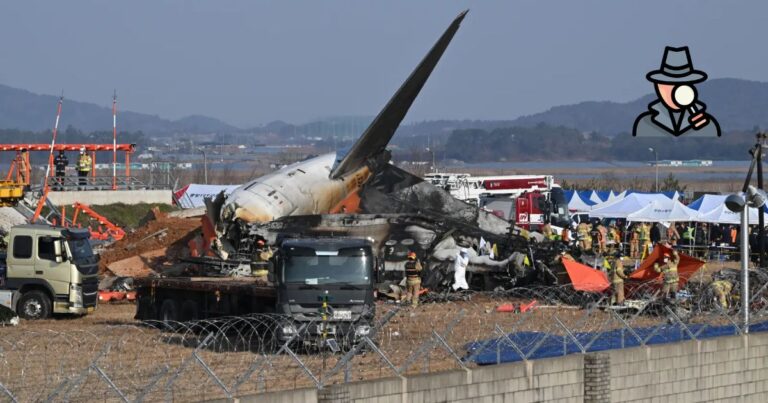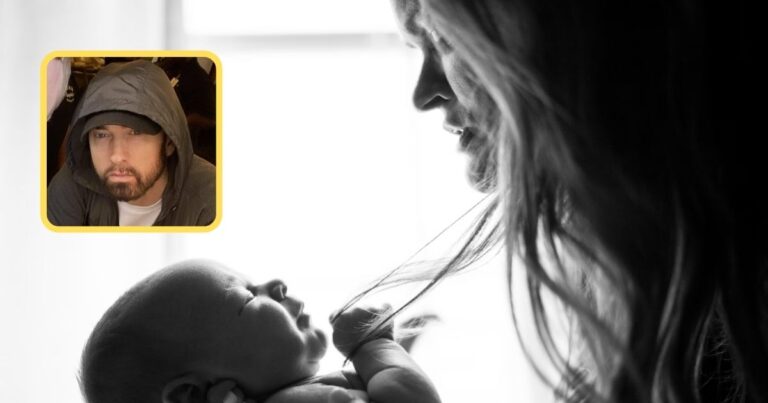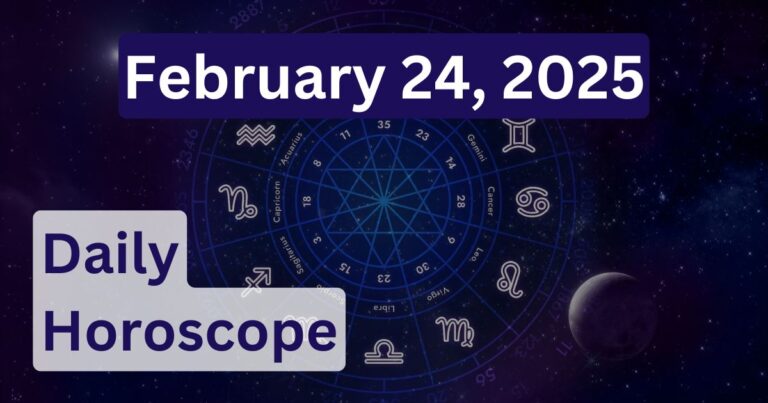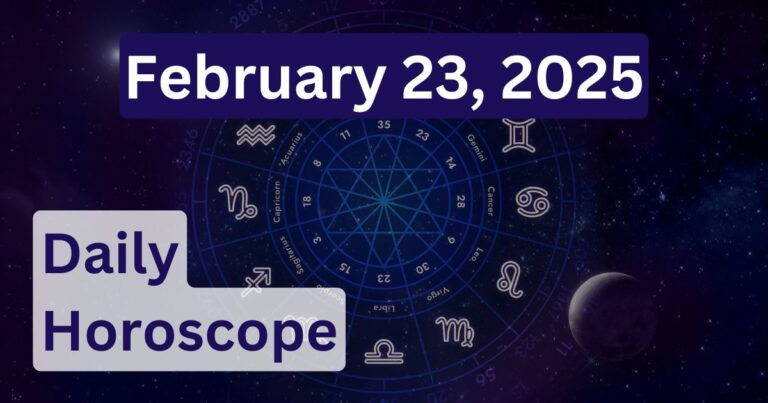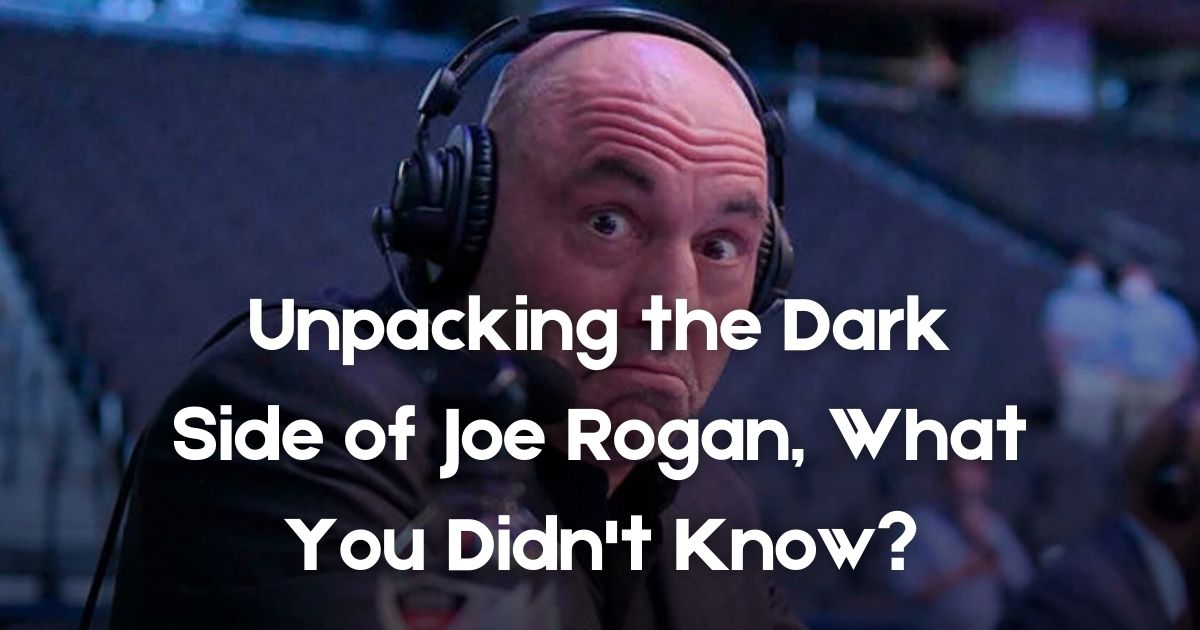
Joe Rogan is one of the most famous and influential voices in media today. His podcast, The Joe Rogan Experience, attracts millions of listeners worldwide. Known for his open and wide-ranging conversations with guests from all walks of life, Rogan has built an empire that blends comedy, commentary, and curiosity. Many fans praise him for his authenticity and willingness to explore ideas outside of the mainstream. But there’s also a side to Joe Rogan that is more complicated and, to some, concerning. In this article, we’ll unpack the “dark side” of Joe Rogan—an exploration of his controversies, criticisms, and the ways his influence impacts society.
The Rise of Joe Rogan: From Comedian to Cultural Powerhouse
Joe Rogan started his career as a stand-up comedian in the 1980s. Over time, he moved into television, hosting shows like Fear Factor, and acting in sitcoms. But it wasn’t until 2009, when he launched The Joe Rogan Experience, that he found his true calling. By creating a podcast where he could speak openly and without filters, Rogan quickly gained an audience that appreciated his straightforward and unscripted style.
Today, The Joe Rogan Experience is a cultural phenomenon. His deal with Spotify, reportedly worth $100 million, made headlines and solidified his place as a major media figure. With such a huge platform, Rogan’s voice has the power to shape opinions, and his views reach millions every week.
1. Controversial Guests and Conspiracy Theories
One of the main criticisms of Joe Rogan’s podcast is his choice of guests, some of whom are known for promoting conspiracy theories or controversial ideas. For instance, Rogan has hosted figures who spread misinformation about vaccines, climate change, and political events. These guests often present ideas that are not scientifically backed, yet Rogan’s conversational style sometimes allows these views to go unchallenged.
Some critics argue that Rogan, by not questioning these ideas more aggressively, creates a platform for harmful misinformation. For example, his discussions about COVID-19 and vaccines led to significant backlash, especially when he invited guests who downplayed the seriousness of the virus or questioned vaccine effectiveness. As a result, many people worry that these episodes could influence listeners to doubt established science or make unhealthy choices.
2. Accusations of Spreading Misinformation
Joe Rogan often describes himself as just “a comedian” or “an idiot” who’s not an expert on anything, but that doesn’t stop people from taking his words seriously. His open discussions on topics like health, science, and politics have led some fans to see him as a trusted source of information, even though he admits he’s not an expert.
A major incident occurred when Rogan invited Dr. Robert Malone, a scientist with controversial views on COVID-19, who was later banned from Twitter for spreading false information. This episode sparked public outcry and led to protests. Health experts warned that Rogan’s platform was becoming a source of dangerous misinformation. In response, Spotify agreed to add warning labels to episodes discussing COVID-19, a move intended to inform listeners that the content might not align with mainstream science.
Rogan has defended his show, arguing that people should be able to decide for themselves what to believe. However, critics argue that giving a platform to unproven ideas without properly challenging them can be irresponsible, especially with an audience as large as his.
3. Criticism of His Views on Gender and Identity
Joe Rogan has faced criticism for his views on gender, identity, and social issues. He has spoken against certain aspects of progressive movements, often expressing opinions that many find controversial. For example, Rogan has been vocal in discussions about transgender athletes, questioning whether transgender women should compete in women’s sports. His opinions on this topic have led to accusations of transphobia from some listeners and advocates.
Rogan has also been criticized for comments that some find insensitive or offensive. While he argues that he’s simply trying to have honest conversations, others see these comments as hurtful or dismissive of people’s experiences. Supporters of Rogan argue that he is simply expressing his opinion and challenging ideas, but his detractors worry that his words may fuel negative stereotypes and marginalize certain communities.
4. Rogan’s Influence and “Bro Culture”
Joe Rogan’s influence goes beyond his podcast; he has become a central figure in what some call “bro culture”—a lifestyle and mindset that emphasizes traditional masculinity, self-reliance, and often skepticism of progressive ideas. His views on fitness, hunting, and survival resonate with many of his listeners, particularly young men who feel disconnected from mainstream culture.
While Rogan’s support for self-improvement and fitness is generally seen as positive, critics argue that his style sometimes encourages a dismissive attitude toward social issues and progressive movements. This has led to accusations that Rogan contributes to a culture that is resistant to social change and can be dismissive of diversity and inclusivity efforts.
For instance, Rogan has made statements about the “woke” movement and “cancel culture,” suggesting that some people are too quick to take offense. Supporters see these views as a defense of free speech, while critics argue that they minimize genuine struggles for equality and justice. This aspect of Rogan’s personality—his reluctance to embrace progressive social values—has become a focal point for those who see him as a divisive figure.
5. Power Without Accountability?
As one of the most popular podcasters in the world, Joe Rogan wields enormous power. However, unlike traditional media outlets, Rogan is not bound by the same standards of accountability. Traditional journalists and media organizations have ethics policies, editors, and fact-checkers who hold them responsible for what they publish. Rogan, however, has full creative control over his podcast and does not have to answer to these same standards.
This independence gives Rogan the freedom to say whatever he wants, but it also raises concerns about the impact of his words. Critics argue that without oversight or accountability, influential figures like Rogan can spread harmful ideas without consequence. Supporters, on the other hand, see this freedom as a strength, allowing Rogan to explore topics without the restrictions of mainstream media.
6. Spotify’s Role and the Debate Over Censorship
Spotify’s deal with Joe Rogan has made the streaming platform a central player in the controversy over his content. While Spotify has largely defended Rogan’s right to free speech, the platform has faced pressure to remove or censor episodes that feature controversial or potentially harmful content.
This situation raises broader questions about censorship, free speech, and the responsibilities of tech companies. Should Spotify have a role in monitoring the content Rogan produces? Should platforms like Spotify take stronger action to prevent misinformation, or should they allow content creators like Rogan to speak freely?
These questions don’t have easy answers. Some people believe that censoring Rogan would set a dangerous precedent for limiting free speech. Others argue that allowing unchecked misinformation could lead to real-world harm, especially in areas like health and politics.
7. Joe Rogan’s Response to Criticism
Rogan has addressed these criticisms multiple times on his podcast. He often defends himself by saying he’s just a comedian, not an expert, and that people should think for themselves. He also stresses that he’s simply curious about different perspectives and wants to have open conversations without judgment.
Rogan’s supporters admire him for this openness and his willingness to admit mistakes. For example, he apologized after spreading misinformation about COVID-19 treatments, acknowledging that he should have been more careful. However, his critics argue that these apologies are too little, too late, and that he doesn’t do enough to fact-check his content in the first place.
Final Thoughts: A Complicated Legacy
Joe Rogan’s “dark side” isn’t a simple story of good versus bad. He’s a complex figure who has sparked meaningful conversations but has also contributed to controversy and division. For his fans, Rogan represents free thought, open dialogue, and the right to question authority. For his critics, he represents the dangers of unchecked influence and the spread of harmful ideas.
As Rogan’s influence continues to grow, society will have to grapple with these complexities. The debate around Joe Rogan reflects larger questions about media, free speech, and the role of public figures in shaping opinions. In the end, understanding the “dark side” of Joe Rogan isn’t about labeling him as good or bad; it’s about recognizing the power he holds and the impact he has on society, both for better and for worse.
